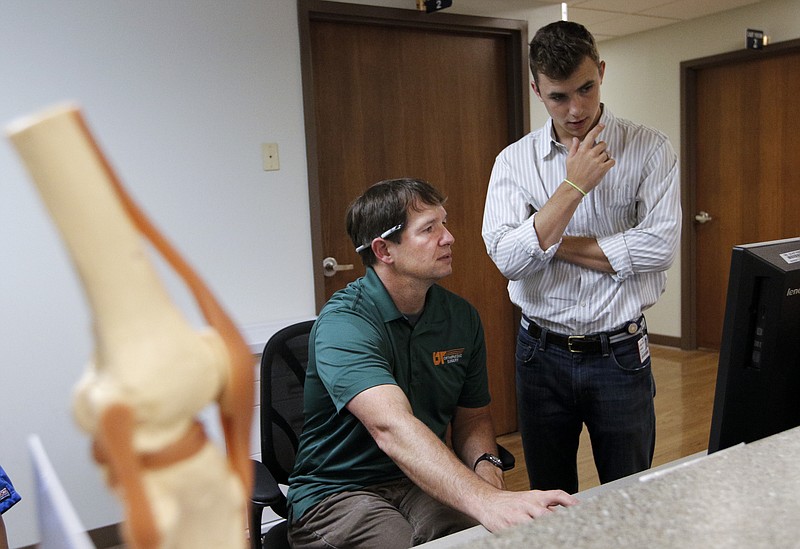The idea of more streamlined, less wasteful, more cost-efficient health care that, coincidentally, helps the patient is one that should make people stand up and cheer.
But not if it's not fully formed.
TennCare, the Medicaid program for Tennesseans, is phasing in just such a program, and the results have the potential to be catastrophic.
The concept is to reward or penalize doctors based on patient outcomes, and the goal is more efficiency in resources and better coordination and follow-through in patient care.
The goal is good, but the concept needs some work.
In the new system, TennCare managed care organizations would collect all the insurance claims from primary care physicians, specialists, hospitals and therapists for a patient's procedure and bundle them into what's called an "episode of care." From those claims, advisory groups would identify the doctor or hospital who had the most control over the patient's care, calculate the cost for the overall procedure (including prescription costs and follow-up visits), and award or penalize the doctor or hospital they had identified as having the most control for the above-average or below-average outcomes.
The assumption is that the potential for an award or penalty would forge better coordination of care and, as such, better patient care.
Even health care neophytes, though, can see potential flaws.
* How is it possible to determine with cancer, for example, whom to reward if a patient eventually becomes cancer-free, the primary care physician who diagnosed the disease, the surgeon who removed it, the hospital where it was removed, the specialist who recommended the chemotherapy or radiation treatment regimen, or the nurses who administered the drugs?
* How do things out of doctors' hands -- an infection or patients who don't do what they're told -- play into the discussion of reward or penalty?
* Will doctors begin to opt out of TennCare coverage because of the program's potential flaws and bureaucracy, leaving fewer choices for patients?
* Will doctors begin to select only patients whose histories indicate the likelihood of good outcomes?
Although the Tennessee Medical Association shared its concerns with Gov. Bill Haslam in January and asked for more time, the program nevertheless is going forward.
Without a doubt, the state -- and the country -- need more efficient, better coordinated, less bureaucratic, more patient-centered health care. And TennCare's desire to achieve such is worthy, but it is appears its early road toward that goal could be filled with unnecessary potholes.
